

Xuzhou Han Culture Academic
Submit
【XU BO】Maximum daily capacity: 10,000 person-times Instantaneous capacity: 2,500 person-times
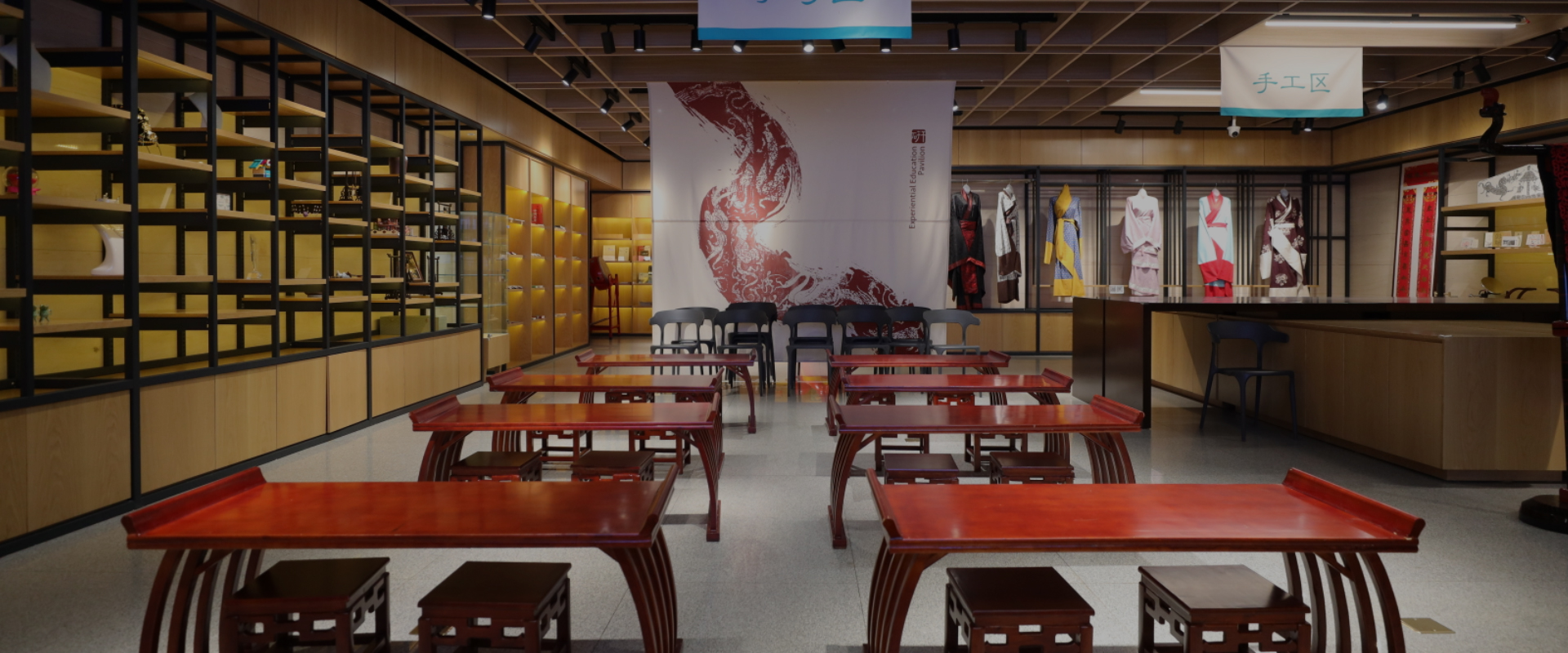
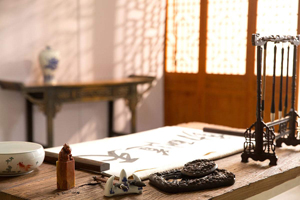
Activity time:2017/8/5 9:30:00
Activity location:Lecture Hall of Xuzhou Museum
Age requirement:7-12 years old
Introduction:
"Beauty" is what everyone yearns for, but not everyone can really understand the meaning of aesthetics. For teenagers, it is necessary to know about certain aesthetic knowledge. Teenagers are changing obviously, and they are very sensitive to beautiful things. The aesthetic education of the museum hopes that we can open our eyes and arms to find, pursue and embrace all the beauty in our life-not really find the ultimate truth of beauty, but only find the eyes for beauty.
Traditional crafts refer to those crafts and techniques that have been passed down from generation to generation, with a history of more than 100 years, complete technological processes, natural materials, distinctive ethnic style and local characteristics. Beginning in early 2017, the Xuzhou Museum introduced the classic Chinese traditional crafts to young friends for ten times. The content for this time is: traditional art work experience of four treasures of the study.
Throughout the ages, scholars have attached great importance to the stationery. Among the numerous stationery in the study, the most precious are writing brushes, ink sticks, paper and inkstones which are called "four treasures of the study".
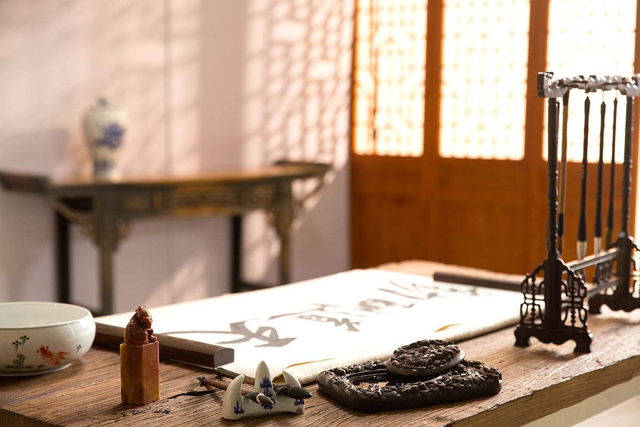
Wang Xizhi, an outstanding calligrapher of the Jin Dynasty, compared the four treasures of the study to positions, weapons, armor, and cities, and the calligraphers to the generals, from which we can see the importance of the four treasures of the study to scholars.
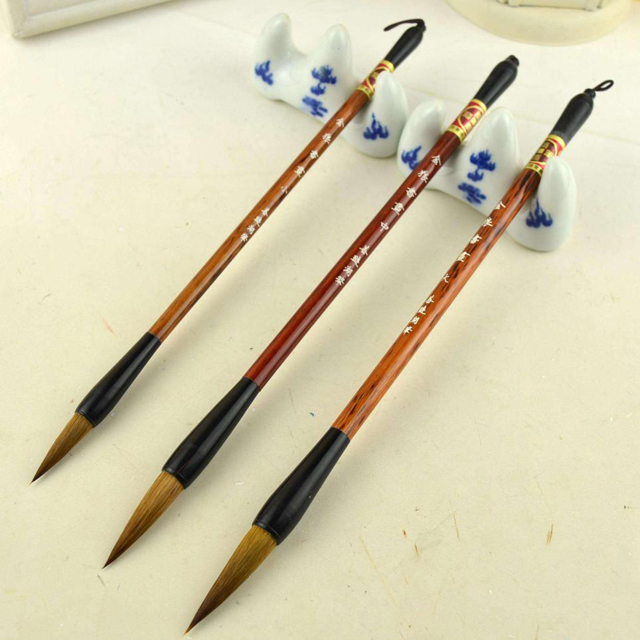
The four treasures of the study seem a little strange to us nowadays, but to the ancient Chinese scholars, they are a sign of elegance and a reflection of the taste of life. If you want to understand our Chinese traditional culture, the four treasures of the study are indispensable.
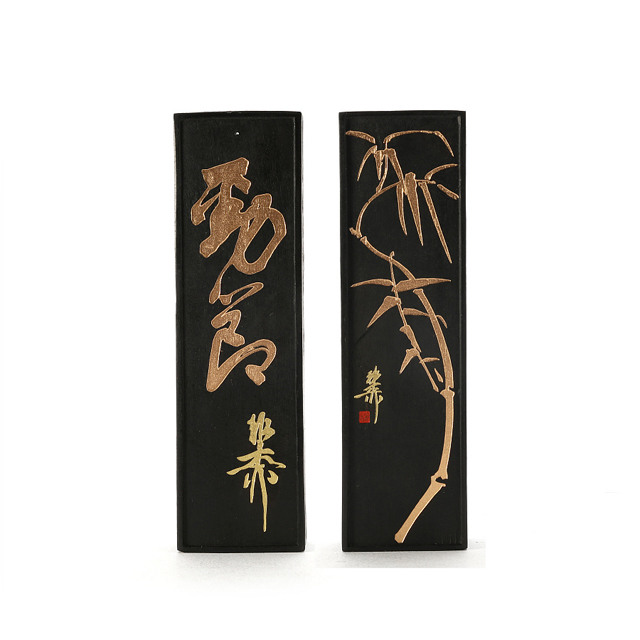
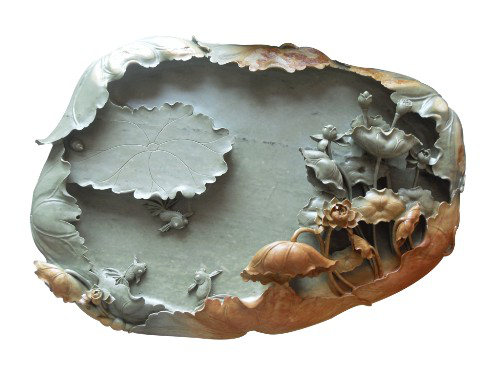
Do you know the origin of writing brush? Do you know how ancient Chinese made ink? What are the processes of paper making? What are the so-called "four famous inkstones"?
Welcome to the museum before August 5, and experience the ancient paper making -- DIY pulp and paper making, and make a beautiful paper with your own hands.
Notes for application
For those who want to register to the activity, please go to the information desk in the lobby of the Xuzhou Museum, or directly log in to the educational activity section of the official website of the Xuzhou Museum. Registration is required to fill in the participant's name, ID card and mobile phone number. Tickets or ID cards are used to sign in for admission on the same day, and quotas are not transferable. If you are unable to attend the event on time, please cancel the reservation at the Xuzhou Museum lobby or official website before the deadline. If you are unable to complete the online event reservation registration, please go to the information desk to register for a ticket with a valid certificate (passport, Taiwan compatriot card, etc.). Those who have made a reservation can enter the museum in advance through the green channel before the event starts. For children to register, they must fill in their ID card numbers (see the hukou book) and the guardian's phone number, and they will be accompanied by the guardian on the day. Music appreciation: In order to maintain a good environment for concerts, children over 1.2 meters or over 6 years old can enter. Elderly people over the age of 70 do not need to make an appointment, and participate in Wenbo Forum lectures and concerts with their senior citizens' certificates. Reservations are still required for other educational activities. There are a large number of visitors on weekends and holidays. Please reserve enough time in advance. Normal admission may be affected if he or she is late. Please kindly understand.